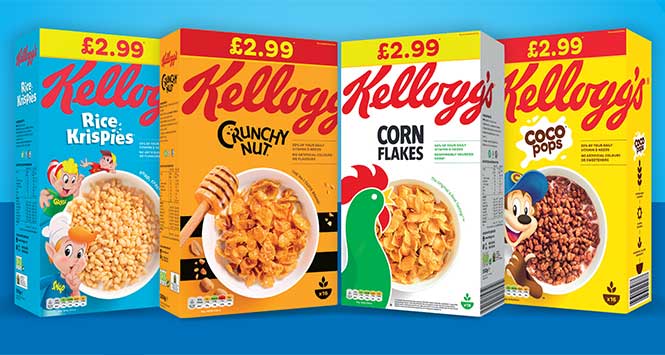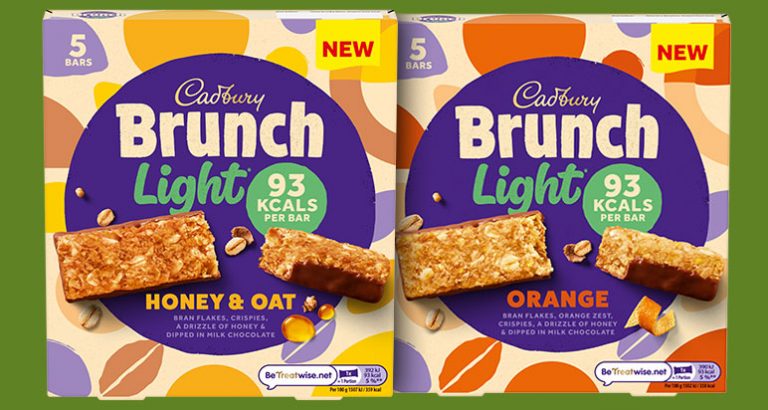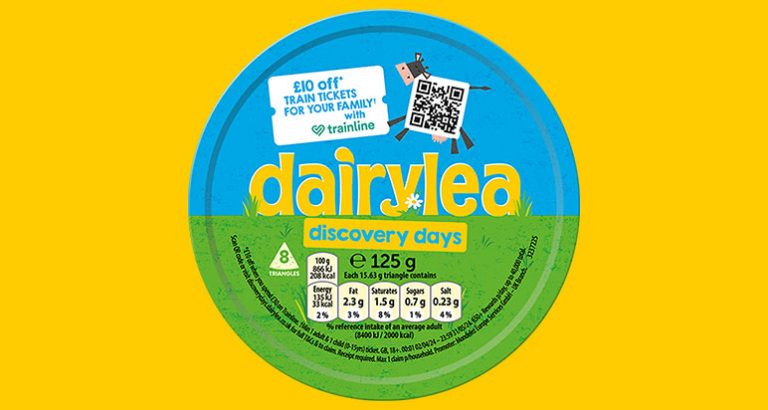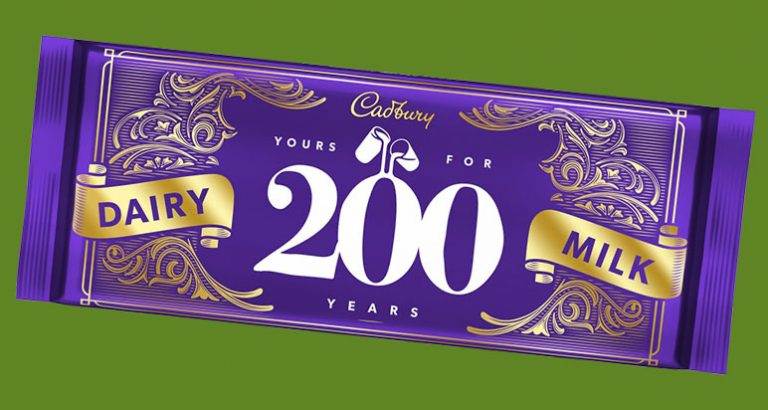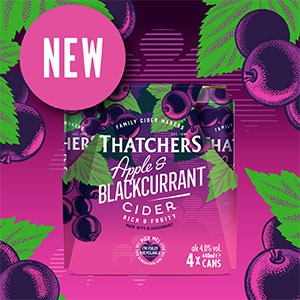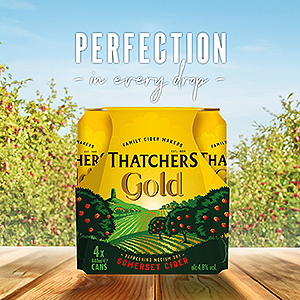New data from Lumina Intelligence suggest an increase in breakfast occasions as lockdown continues to ease, which is great news for local retailers.
With more people than ever now based from home thanks to the new world order of lockdown, it makes sense that more shoppers will be enjoying breakfast at home – and that appears to be borne out by the latest data from Lumina Intelligence (formerly HIM and MCA Insight).
Lumina’s latest Channel Pulse has found a significant increase in breakfast occasions while lunch and dinner occasions see declines.
For the week of 6 to 12 July, breakfast occasions grew its share of the overall percentage of meals consumed at home from 25.9% to 26.9%, a significant shift.
Whatever the reason for this growth, it represents another opportunity for local retailers to grow footfall, sales and profit by ensuring that their offering is in line with market demands.
That can, of course, mean both breakfast food-to-go or take-home items, but either way it’s an opportunity not to be missed.
Family favourites
With children finally back to school after months of home schooling, quick, tasty and nutritious breakfast options are a must for many, so a great place to start with your range is by ensuring you stock family favourites like Kellogg’s Rice Krispies, Corn Flakes, Coco Pops and Crunchy Nut.
Available in £2.99 PMPs, these four lines alone will ensure you grab your fair share of the valuable breakfast market.
New from Kellogg’s is a range of Granola Fusion products that can help you cash in on the breakfast-to-go opportunity. Available in Special K Protein and Crunchy Nut variants, all shoppers have to do as add water for a tasty, convenient, nutritious start to the day. Both products are available in £1.59 PMPs and will drive sales when sited in the breakfast-to-go fixture.
Take the biscuit
Another product that fits neatly with current consumer lifestyles is belVita from Mondelez International.
“The idea behind belVita is the insight that one in three people in the UK skip breakfast during the working week and the main reason for this is lack of time,” says Susan Nash, Trade Communications Manager at Mondelez International. “Breakfast biscuits tap into the consumer need for a convenient and nutritious breakfast that slots into their busy daily lives.”
Indeed, belVita is the UK’s number one breakfast biscuit brand and the third biggest biscuit brand overall in the UK and has been powering up the nation’s mornings for nearly 10 years with slow release carbohydrates.
Breakfast remains a key meal with 95% of all UK adults saying they eat breakfast, and while out-of-home breakfast occasions have seen growth in recent years, 93% still eat breakfast at home.
Of those adult consumers that eat breakfast, 78% say they want a breakfast that will fill them up, while 67% say they try to eat a healthier breakfast. With that in mind, the belVita range features a mix of five whole grains and is a natural source of fibre, calcium, magnesium and iron, providing energy for the whole morning in a tasty and nutritious biscuit.
Launched last summer, belVita Seeds and Berries comes in two flavours, with Raspberry & Chia Seeds and Blueberry & Flax Seeds available in six-pack boxes with three biscuits per pack at an RSP of £2.79.
Alongside the new variants, the brand also launched its first-ever reduced sugar variant, belVita Chocolate Chip with 30% less sugar. The breakfast biscuit includes the much-loved chocolate chip taste but with 30% less sugar.
Both launches were supported with a brand new £3.5m marketing campaign with TV, out-of-home, digital, social, PR and in-store activity.
Local sourcing
One interesting consequence of coronavirus appears to be increased interest in local sourcing.
A new survey commissioned by Weetabix has found that that almost a third of UK consumers admit the Covid-19 pandemic has made them realise how important locally sourced products are to the UK economy, with 48% of Brits actively looking for locally sourced items in the supermarket.
A third of those polled say they have been more supportive of local British businesses both during and since lockdown, than ever before. More than a third do so to be more ethical in their shopping habits, whilst over two-thirds hope to support local farmers and almost half do so for healthier and fresher produce.
The survey comes as Weetabix unveiled a crop circle in the British countryside during this year’s harvest to raise awareness of the fact that it sources its wheat from within a 50 mile radius of its home in Burton Latimer, Northamptonshire.
The survey found, when it comes to meals, breakfast is believed to be the dish with the least food miles. A further 29% also believe fewer food miles will mean they receive healthier food and 58% think the goods will be fresher as they have travelled less.
Francesca Theokli, Marketing Director at Weetabix, commented: “Our study showed that more than two-thirds believe companies are not transparent enough about where their food is grown and produced. There are many ways Brits can support local farmers and being careful about where breakfast is sourced is one simple step.”


